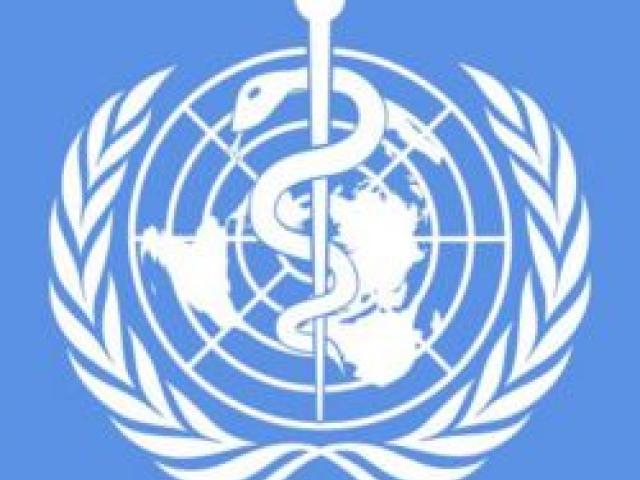
World Hepatitis Day: Access to Information on the Quality, Safety and Efficacy of the "Egyptian Interferon" is a right to every HCV Patient in Egypt
Press Release
The Egyptian Initiative for Personal Rights (EIPR) issued a briefing note on the World Hepatitis Day, 28 July 2011, presenting the most important features of the debate over the quality, safety and efficacy (QSE) of long-lasting interferon, produced by the Egyptian company Minapharm under the trade name 'Reiferon Retard', known by the media as 'Egyptian Interferon'.
The World Health Organization (WHO) has celebrated the World Hepatitis Day for the first time this year. The celebration was held the East Mediterranean Regional Office (EMRO) in Cairo, Egypt. On this occasion, the WHO highlighted that there are around 350 million people suffering from chronic hepatitis B and around 170 million people suffering from chronic hepatitis C (HCV) worldwide. Moreover, it urged member states of the WHO and all other countries to provide treatment and preventative measures to all those affected by this disease.
Egypt tops the list of countries affected by HCV; estimated statistics show that 14.7% of the population suffer from the disease. HCV can lead to chronic liver disease, liver cirrhosis, and liver cancer, and thus also causes a significant rise in mortality rates. The vast majority of HCV patients in Egypt suffer from genotype 4 of the disease.
It is to a large extent possible to treat HCV, although up until today this is not guaranteed for all patients. The mainstay of patients with HCV is a treatment made up of both long-lasting interferon and ribavirin, whereby the HCV patient follows a treatment regime based on one injection of long-lasting interferon per week combined with the standard dosage of ribavirin tablets per day for a period of 48 weeks. Interferon is thus considered a strategic health product in Egypt, given its importance in treating the disease.
This paper also touches on the most important criteria which govern the registration of the particular category of medicines to which this product belongs, both globally and locally; and explains the scientific distinction between this category of drugs as opposed to others. The briefing note concludes with a number of recommendations to the relevant authorities in order to work towards a system of evaluation and registration which respects the right to health and which guarantees the QSE of medicines in Egypt.



